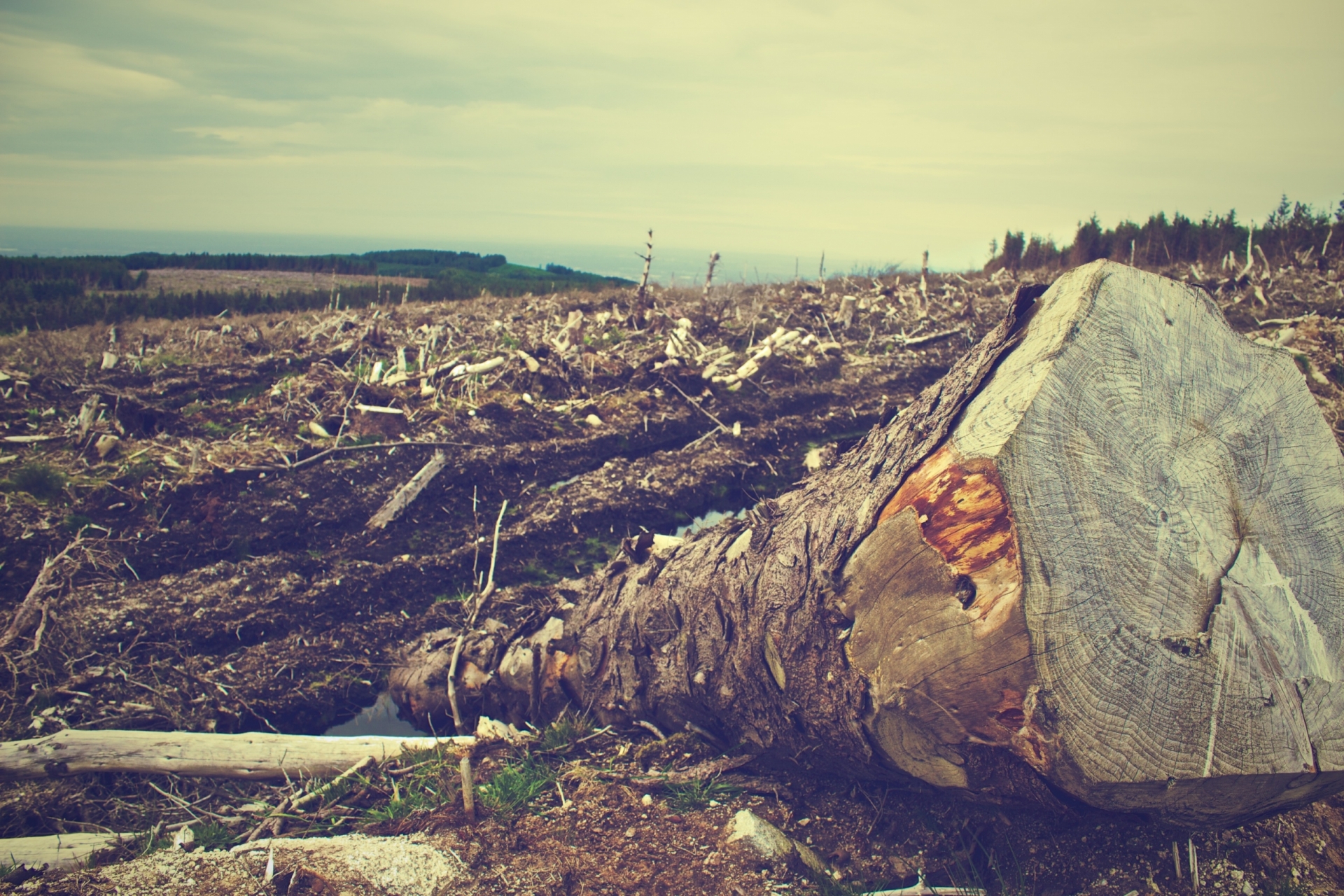
Yes to the Amazon Soy Moratorium, No to soy industry expansion plans
Overall 75% of global soy production ends up in animal feed.
Feedback’s reaction to “An open letter on soy and the Amazon” published on 3 December 2019 and signed by a wide group of industry stakeholders alongside some civil society stakeholders.
Feedback applauds and supports the signatories in their wish to uphold the Amazon Soy Moratorium, which has contributed to reduce deforestation in the regions where it is implemented. However, Feedback wishes to express its dismay at the open letter’s complete disregard of the science on soy production as a driver of deforestation in the Amazon and other South American and African biomes.
While cattle ranching is the major direct cause of deforestation in the Amazon, soybean production is still an indirect driver of deforestation, even within the Amazon Soy Moratorium area1. Moreover, soy is the major driver of deforestation in the Chaco and Cerrado biomes2,3, and global growth of the industry is driving a conflict between soybean production, communities and conservation in Africa’s savannas and dry forests, which contain astonishing biodiversity4,5.
During the last decade, soy traders in the Brazilian market with zero-deforestation commitments – Cargill, Bunge, ADM and Amaggi – have been associated with similar deforestation risk in both the Amazon and Cerrado as companies that have not made such commitments6. In 2018, five traders and multiple soy farmers were fined US$29 million by the Brazilian government for cultivating and purchasing soybean connected with illegal deforestation7. Two of these companies had zero-deforestation commitments.
Evidence of the link between soybean and cattle ranching in the form of pasture-to-cropland conversion is well documented by statistics and remote sensing data8. Linkages between soybean and cattle production are intensifying, and many of the larger agribusiness companies in Brazil and Argentina are commonly active in both soybeans and cattle9. Overall, 75% of global soy production ends up in animal feed10; when livestock production is intensified using less land directly, it is increasing its land use through feed production.
Loopholes in the current Soy Moratorium and the G4 cattle agreement do not prevent some farmers involved in deforestation from selling their products to domestic and international supply chains 1,11–13.
This is why Feedback calls for a 50% reduction in meat and dairy consumption, in particular of industrially produced meat and dairy, because this reduction is essential to combat the climate and biodiversity emergency. In a world where people eat food that is good for human and planetary health, there is no need whatsoever for expanding the global meat industry, and that includes the production of soy for animal feed.
REFERENCES
- Gollnow, F., Hissa, L. de B. V., Rufin, P. & Lakes, T. Property-level direct and indirect deforestation for soybean production in the Amazon region of Mato Grosso, Brazil. Land Use Policy 78, 377–385 (2018).
- Fehlenberg, V. et al. The role of soybean production as an underlying driver of deforestation in the South American Chaco. Glob. Environ. Change 45, 24–34 (2017).
- Pendrill, F. & Persson, U. M. Combining global land cover datasets to quantify agricultural expansion into forests in Latin America: Limitations and challenges. PloS One 12, e0181202 (2017).
- Action Aid Brazil & Rede Social de Justiça e Direitos Humanos (2017). Impactos da Expanssão do agronegócio no matopbia: Comunidades e meio ambiente.
- Gasparri, N. I., Kuemmerle, T., Meyfroidt, P., Waroux, Y. le P. de & Kreft, H. The Emerging Soybean Production Frontier in Southern Africa: Conservation Challenges and the Role of South-South Telecouplings. Conserv. Lett. 9, 21–31 (2016).
- West, C. D., Green, J. M. H. & Croft, S. Trase Yearbook 2018: Sustainability in forest-risk supply chains: Spotlight on Brazilian soy. (2018).
- Byrne, J. Traders, farmers fined over links to deforestation in Cerrado. feednavigator.com (2018).
- Arima, E. Y., Richards, P., Walker, R. & Caldas, M. M. Statistical confirmation of indirect land use change in the Brazilian Amazon. Environ. Res. Lett. 6, 024010 (2011).
- Gasparri, N. I. & Waroux, Y. le P. de. The Coupling of South American Soybean and Cattle Production Frontiers: New Challenges for Conservation Policy and Land Change Science. Conserv. Lett. 8, 290–298 (2015).
- Brack, D., Glover, A. & Wellesley, L. Agricultural Commodity Supply Chains. (2016).
- Alix-Garcia, J. & Gibbs, H. K. Forest conservation effects of Brazil’s zero deforestation cattle agreements undermined by leakage. Glob. Environ. Change 47, 201–217 (2017).
- Rausch, L. L. & Gibbs, H. K. Property Arrangements and Soy Governance in the Brazilian State of Mato Grosso: Implications for Deforestation-Free Production. Land 5, 7 (2016).
- Klingler, M., Richards, P. D. & Ossner, R. Cattle vaccination records question the impact of recent zero-deforestation agreements in the Amazon. Reg. Environ. Change 18, 33–46 (2018).
What can you do next?
Feedback never accepts donations from corporate organisations. To achieve our goal of a food system that nourishes us and the planet, we need your help.
DONATE WHAT YOU CAN NOWDo you believe everyone should have access to nutritious, delicious food - without trashing our planet in the process? Sign up to our mailing list to get the latest on our campaigns.
JOIN THE MAILING LISTFollow us on Facebook for updates on our campaigns and opportunities to get involved.
Get social